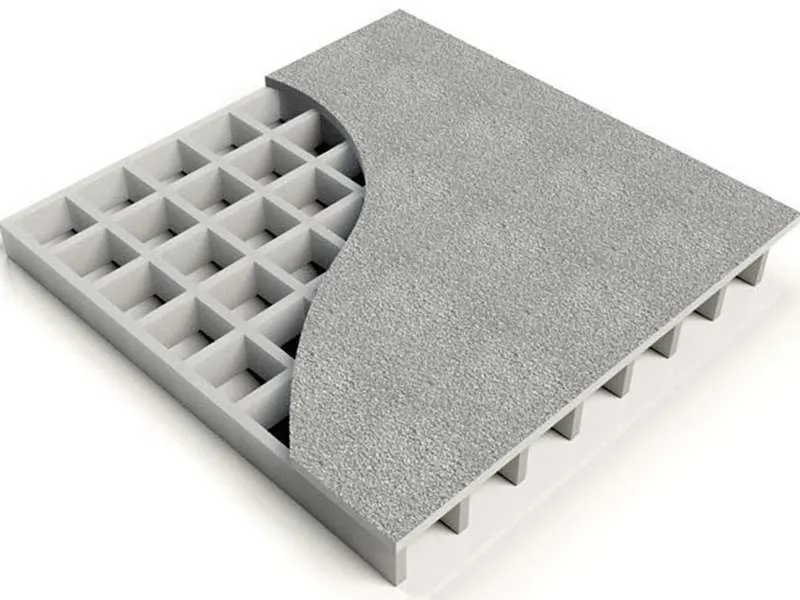
-
 Afrikaans
Afrikaans -
 Albanian
Albanian -
 Amharic
Amharic -
 Arabic
Arabic -
 Armenian
Armenian -
 Azerbaijani
Azerbaijani -
 Basque
Basque -
 Belarusian
Belarusian -
 Bengali
Bengali -
 Bosnian
Bosnian -
 Bulgarian
Bulgarian -
 Catalan
Catalan -
 Cebuano
Cebuano -
 China
China -
 China (Taiwan)
China (Taiwan) -
 Corsican
Corsican -
 Croatian
Croatian -
 Czech
Czech -
 Danish
Danish -
 Dutch
Dutch -
 English
English -
 Esperanto
Esperanto -
 Estonian
Estonian -
 Finnish
Finnish -
 French
French -
 Frisian
Frisian -
 Galician
Galician -
 Georgian
Georgian -
 German
German -
 Greek
Greek -
 Gujarati
Gujarati -
 Haitian Creole
Haitian Creole -
 hausa
hausa -
 hawaiian
hawaiian -
 Hebrew
Hebrew -
 Hindi
Hindi -
 Miao
Miao -
 Hungarian
Hungarian -
 Icelandic
Icelandic -
 igbo
igbo -
 Indonesian
Indonesian -
 irish
irish -
 Italian
Italian -
 Japanese
Japanese -
 Javanese
Javanese -
 Kannada
Kannada -
 kazakh
kazakh -
 Khmer
Khmer -
 Rwandese
Rwandese -
 Korean
Korean -
 Kurdish
Kurdish -
 Kyrgyz
Kyrgyz -
 Lao
Lao -
 Latin
Latin -
 Latvian
Latvian -
 Lithuanian
Lithuanian -
 Luxembourgish
Luxembourgish -
 Macedonian
Macedonian -
 Malgashi
Malgashi -
 Malay
Malay -
 Malayalam
Malayalam -
 Maltese
Maltese -
 Maori
Maori -
 Marathi
Marathi -
 Mongolian
Mongolian -
 Myanmar
Myanmar -
 Nepali
Nepali -
 Norwegian
Norwegian -
 Norwegian
Norwegian -
 Occitan
Occitan -
 Pashto
Pashto -
 Persian
Persian -
 Polish
Polish -
 Portuguese
Portuguese -
 Punjabi
Punjabi -
 Romanian
Romanian -
 Russian
Russian -
 Samoan
Samoan -
 Scottish Gaelic
Scottish Gaelic -
 Serbian
Serbian -
 Sesotho
Sesotho -
 Shona
Shona -
 Sindhi
Sindhi -
 Sinhala
Sinhala -
 Slovak
Slovak -
 Slovenian
Slovenian -
 Somali
Somali -
 Spanish
Spanish -
 Sundanese
Sundanese -
 Swahili
Swahili -
 Swedish
Swedish -
 Tagalog
Tagalog -
 Tajik
Tajik -
 Tamil
Tamil -
 Tatar
Tatar -
 Telugu
Telugu -
 Thai
Thai -
 Turkish
Turkish -
 Turkmen
Turkmen -
 Ukrainian
Ukrainian -
 Urdu
Urdu -
 Uighur
Uighur -
 Uzbek
Uzbek -
 Vietnamese
Vietnamese -
 Welsh
Welsh -
 Bantu
Bantu -
 Yiddish
Yiddish -
 Yoruba
Yoruba -
 Zulu
Zulu
fiberglass cover
The Versatility and Benefits of Fiberglass Covers
In today's world, where functionality and durability are paramount, fiberglass covers have emerged as an essential material in various industries and applications. This innovative composite material, made from a matrix of glass fibers and resin, offers an array of benefits that make it superior to traditional covering materials such as metal, wood, or plastic.
Why Choose Fiberglass?
Fiberglass covers are renowned for their lightweight yet robust characteristics. This strength-to-weight ratio is a significant advantage, especially in applications where weight is a concern, such as in the automotive and aerospace industries. Unlike metal covers, which can be heavy and cumbersome, fiberglass allows for easier handling and installation. The flexibility of design possibilities is also enhanced, enabling manufacturers to create covers in various shapes and sizes.
One of the standout features of fiberglass is its resistance to corrosion and degradation. Unlike metals, fiberglass does not rust, making it an ideal choice for applications in harsh environments, such as chemical storage facilities, marine applications, or outdoor installations. Its resistance to environmental stressors ensures a longer lifespan, resulting in reduced maintenance costs and the need for replacements.
Applications of Fiberglass Covers
The versatility of fiberglass covers is evident in their wide range of applications. In construction, they are often used as protective covers for rooftops or as panels for facades. The transparency of fiberglass can even allow for natural light penetration, which is an increasingly popular feature in modern architectural designs. The construction industry values fiberglass covers for their energy efficiency and potential to contribute to greener building practices.
In the automotive industry, fiberglass covers are commonly seen in body panels and protective casings. They provide an aesthetic appeal while ensuring the vehicle remains lightweight and fuel-efficient. Similarly, in the aerospace sector, cavity covers and fairings made from fiberglass contribute to the overall performance of aircraft by lowering weight while maintaining structural integrity.
In the realm of outdoor amenities, fiberglass covers are prevalent in the production of pergolas, gazebos, and swimming pool enclosures
. Their ability to withstand the elements without deteriorating makes them a preferred choice among homeowners and builders alike.fiberglass cover

The Economic Impact of Using Fiberglass Covers
From an economic standpoint, the initial investment in fiberglass covers may be higher than that of traditional materials. However, their long-term benefits far outweigh these initial costs. The durability and low maintenance requirements lead to significant savings over time. Businesses that utilize fiberglass in their operations report lower operational costs due to reduced replacement cycles and maintenance expenditures.
Additionally, the lightweight nature of fiberglass can lead to lower transportation costs. When large structures need to be moved, every saved ounce translates into savings on shipping, handling, and installation time.
Environmental Considerations
As the world moves towards more sustainable practices, fiberglass covers also offer an environmental advantage. Many fiberglass products can be made using recycled materials and can themselves be recycled at the end of their lifecycle. They contribute positively by reducing waste and the need for new raw materials. Moreover, fiberglass covers can help improve energy efficiency in buildings, which aligns with the global push towards sustainability.
Conclusion
In conclusion, fiberglass covers represent a compelling solution that combines strength, versatility, and economic efficiency. Their resistance to corrosion, lightweight nature, and applications across various industries make them an ideal choice for both commercial and residential projects. As businesses and consumers alike continue to seek sustainable and long-lasting solutions, fiberglass covers stand out as a wise investment that meets and exceeds modern demands.
With innovations continuing to unfold in the field of materials science, the future of fiberglass covers looks promising, heralding even broader applications and improvements in performance, all while upholding the principles of sustainability and efficiency.









